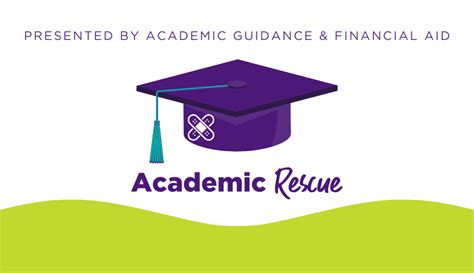Financial aid is a crucial support system for many college students, helping to cover tuition, fees, and other expenses. To maintain eligibility for financial aid, students must meet certain academic requirements, known as satisfactory academic progress (SAP). A key component of SAP is maintaining a minimum grade point average (GPA).

Eligibility Criteria
The specific GPA requirement for financial aid eligibility varies depending on the institution and the type of aid. Generally, students must maintain a minimum cumulative GPA of 2.0 or higher. Some schools may have higher GPA requirements for certain programs or scholarship awards.
Consequences of Failing to Meet GPA Requirements
Failure to meet the minimum GPA requirement can result in the loss of financial aid. This can have significant financial implications for students, making it difficult to continue their education without incurring substantial debt.
Tips for Maintaining a High GPA
Maintaining a high GPA requires consistent effort and dedication. Here are some tips to help you achieve your academic goals:
-
Set Realistic Goals: Break down large assignments into smaller, more manageable tasks. Set realistic deadlines for yourself to avoid feeling overwhelmed.
-
Attend Class Regularly: Attendance is crucial for understanding lecture material and staying on top of assignments. Aim to attend all scheduled classes.
-
Take Notes Effectively: Taking organized notes helps improve comprehension and provides a valuable reference tool for studying. Use techniques like active recall and spaced repetition to improve information retention.
-
Study Consistently: Schedule regular study sessions throughout the week to reinforce what you learn in class. Utilize resources like tutoring, study groups, and office hours for extra support.
-
Prioritize Assignments: Manage your time effectively by prioritizing assignments based on their importance and deadlines. Focus on completing the most important tasks first.
-
Seek Support When Needed: Don’t hesitate to reach out to professors, teaching assistants, or academic advisors if you’re struggling. They can provide guidance and support to help you improve your comprehension and performance.
-
Use Technology: Utilize technology tools such as note-taking apps, flashcards, and online study platforms to enhance your learning experience and stay organized.
Financial Impact
According to the National Center for Education Statistics (NCES), over 40% of college students receive some form of financial aid. For these students, maintaining a high GPA is essential for continuing their education. In 2019-2020, nearly 18% of college students lost their financial aid due to failing to meet academic progress requirements.
Tables
Table 1: GPA Requirements for Federal Student Aid
| Award Type | GPA Requirement |
|---|---|
| Pell Grant | 2.0 |
| Federal Supplemental Educational Opportunity Grant (FSEOG) | 2.0 |
| Federal Work-Study | 2.0 |
| Direct Loans | 2.0 |
| Direct PLUS Loans | 2.3 |
Table 2: Consequences of Losing Financial Aid
| Consequence | Financial Impact |
|---|---|
| Loss of Tuition and Fees | Reduced ability to pay for classes |
| Loss of Books and Supplies | Difficulty purchasing essential course materials |
| Loss of Living Expenses | Financial hardship due to reduced income |
| Increased Student Debt | Reliance on private loans or out-of-pocket expenses |
Table 3: Tips for Maintaining a High GPA
| Tip | Description |
|---|---|
| Set Realistic Goals | Break down large assignments and set achievable deadlines to avoid feeling overwhelmed. |
| Attend Class Regularly | Aim to attend all scheduled classes to stay on top of lecture material and assignments. |
| Take Notes Effectively | Use active recall and spaced repetition techniques to improve information retention. |
| Study Consistently | Schedule regular study sessions to reinforce learning from class and complete assignments on time. |
Table 4: Resources for Students
| Resource | Description |
|---|---|
| Tutoring | One-on-one or group sessions with experienced students to assist with coursework. |
| Study Groups | Collaborate with peers to discuss lecture material, work on assignments, and prepare for exams. |
| Office Hours | Meet with professors or teaching assistants for additional help and guidance. |
